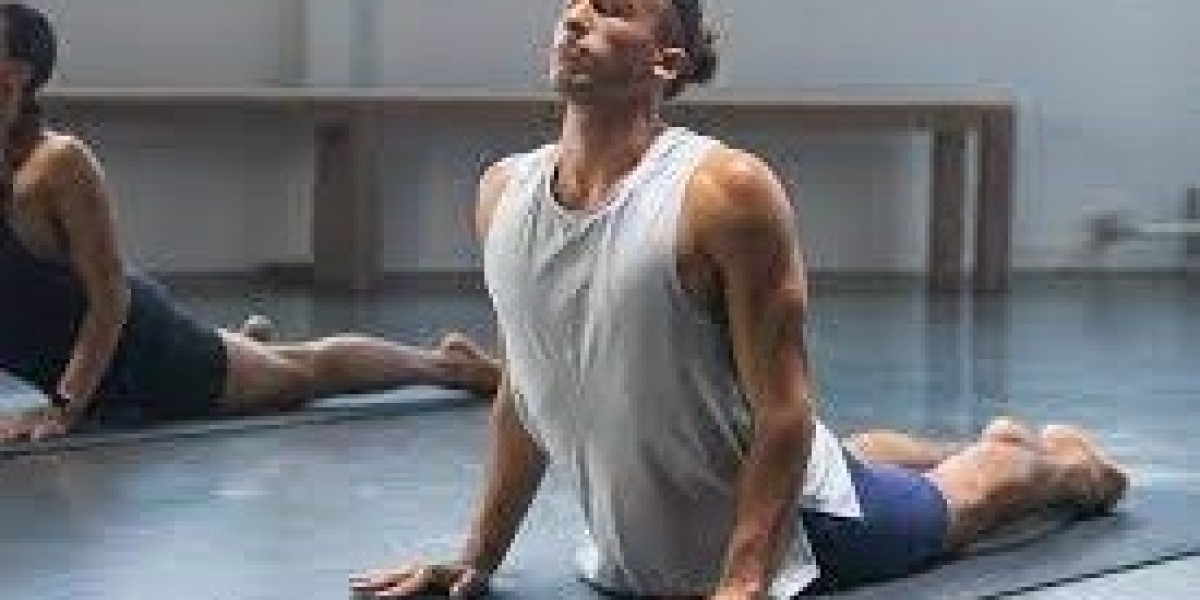Aging is a normal part of life, and it causes a variety of emotional, psychological, and physical changes, says Joe Ricotta. But as we age, retaining mobility and boosting general well-being are both possible via the practice of yoga. Including yoga in your daily routine may significantly improve your quality of life, whether you're in your 50s, 60s, or beyond.
Physical Advantages:
Improve Flexibility: Greater Flexibility Muscles are gradually stretched and lengthened during yoga poses. Joe Ricotta explains that it helps reduce stiffness and improve flexibility. This is especially advantageous for people who have joint problems as they age.
Strengthened Muscles: Yoga calls for the use of several muscle groups, which helps to develop and maintain strength, particularly in the core and supporting muscles.
Balance and Stability: Yoga postures that emphasize balance might assist elderly persons avoid falling, a typical worry. Better posture is also supported by increased stability.
Pain management: By encouraging improved posture and muscular support, regular yoga practice helps lessen chronic pain disorders including arthritis and lower back pain.
Mental advantages
Stress reduction: Deep breathing and mindfulness practices used in yoga help to calm the body and mind, which improves mental health by reducing stress.
Cognitive Function: According to studies, yoga can improve memory and cognitive function, keeping the mind sharp as we age.
Emotional Wellbeing: Yoga promotes self-acceptance and self-compassion, which can enhance emotional well-being generally and lessen the signs of anxiety and sadness.
Tips for Seniors Practicing Yoga:
Choose soft Styles: Hatha, Iyengar, and Restorative yoga are great options for seniors as they emphasize soft movements and use props for support.
Modify postures: Don't be afraid to change postures to fit your capabilities and restrictions. Blocks and ropes, for example, can be useful props. Remember to breathe deeply and deliberately during your practice to increase calm and oxygenate your body.
Practice regularly: The key is consistency. Aim for consistent practice, even if it just lasts a short while each day. Perfectionism is not as vital as gradual advancement.
Consult a doctor: To be sure yoga is safe for you before starting any new fitness program, especially if you have underlying medical concerns, speak with your doctor.
Conclusion!
The physical and psychological effects of aging are addressed through the comprehensive practice of yoga. While explaining YogaY in our aging Joe Ricotta says that it encourages balance, strength, and flexibility while lowering stress levels and improving cognitive function. Maintaining our mobility and general health becomes more crucial as we age. Yoga provides a way to gently handle aging's problems, enabling us to live a richer and healthier life while we accept the process of aging. So spread your yoga mat out, take a deep breath, and start on this enlightening trip to a healthier and more energetic future.







